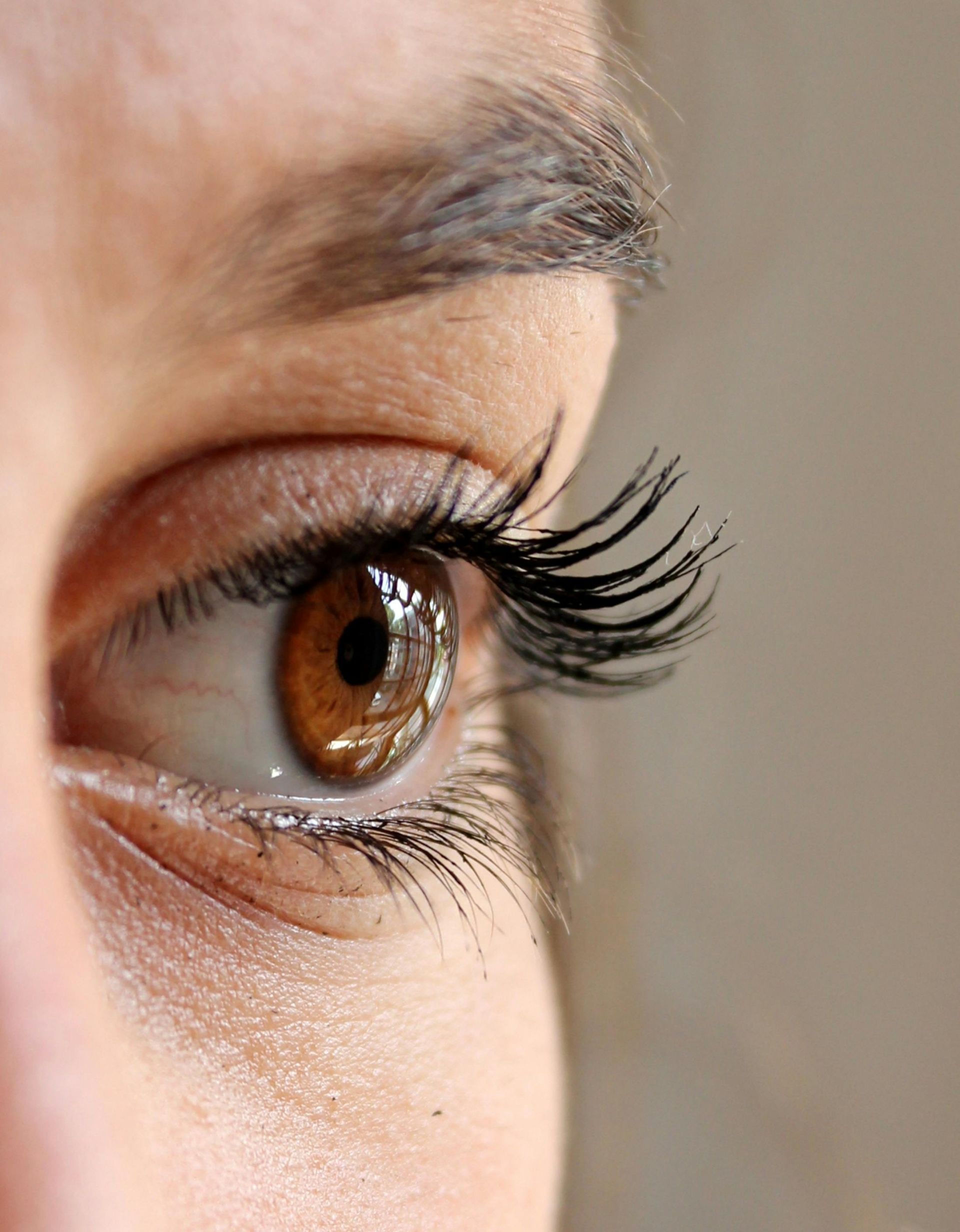Common Types Of Therapy For Mental Health And How They Work-💜
CNS Healthcare • October 3, 2025
We all manage feelings of stress, anxiety, or sadness, but not everyone realizes they can get help when those feelings become too much for us. Fortunately, there are several types of therapy for mental health that are available to support your emotional well-being depending on your needs.
In this post, we'll talk about a few popular options when it comes to therapy, so you can see what type of treatment plan you can explore with the help of a mental health professional.
Key Takeaways
- Cognitive Behavioral Therapy works to transform negative thoughts and behaviors. It's effective against depression, panic disorders, OCD, PTSD, as well as some eating disorders such as bulimia, and anxiety.
- Dialectical Behavior Therapy covers four main areas: emotional regulation, distress tolerance, mindfulness, and interpersonal effectiveness. DBT also helps with mood disorders and substance use concerns.
- Eye Movement Desensitization and Reprocessing uses guided eye movements while digging into past trauma. It has the ability to reduce PTSD symptoms like flashbacks or nightmares after traumatic events.
- Many of these therapies are available through hospitals or clinics in Michigan. Support may include family involvement during therapy for better results.
- In each type of therapy you'll learn practical coping skills like stress management and also get regular guidance from a trained mental health professional.
Cognitive Behavioral Therapy
Cognitive Behavioral Therapy, also known as CBT, is one of the most common treatment options for a variety of mental health conditions. In each session of this talk therapy, you'll work closely with a trained therapist to identify negative thoughts and unhelpful behavior patterns that are creating larger issues.
After you identify these thoughts, you'll learn and implement practical techniques like cognitive restructuring and behavioral activation to start changing those habits. Most individuals spend 5 to 20 therapy sessions learning and adapting, with each session lasting between 30 and 60 minutes.
This effective process works well for depression, panic disorder, phobias, obsessive-compulsive disorder, post-traumatic stress disorder, and even some eating disorders like bulimia, and anxiety.
For certain types of depression or panic attacks, guided self-help combined with CBT can also useful. This process usually involves workbooks or online resources with additional support from a healthcare provider.
While many people struggling with mental health issues find success with CBT alone, others use it in combination with medication if needed. You can receive this type of healthcare service in Michigan either through your local hospital, clinic, or organizations like CNS Healthcare in Detroit.
Dialectical Behavior Therapy
Dialectical Behavior Therapy, or DBT, is another commonly used therapy that works to help you manage intense emotions and improve the health of your relationships. This type of psychotherapy originally began as a successful treatment for borderline personality disorder in the early 1990s, however it is now used for many types of mental health issues.
DBT is unique since it focuses on you accepting your feelings first before trying to change any behavior linked to those feelings.
If you struggle with mood disorders, substance use disorders, or Attention Deficit Hyperactivity Disorder, DBT may be a good fit for your needs. It combines some of the techniques also found in cognitive-behavior therapy with additional mindfulness practices to conquer symptoms of mental disorders.
Once you learn skills from DBT you will be more open to accepting negative emotions instead of ignoring them. Therapy usually involves learning four main skills: distress tolerance, emotion regulation, interpersonal effectiveness, and mindfulness. Breathing exercises are one example of a skill you will learn that can teach you how to calm yourself while in a stressful situation.
Group therapy is another way you can receive support. Getting involved in a group of others with similar experiences allows you to practice your new communication skills safely.
DBT focuses on acceptance while building new coping strategies.
Family members may also join you during certain parts of the DBT process so your loved ones are aware of what helps most when it comes to recovery and support.
Eye Movement Desensitization and Reprocessing
One final therapy option for mental health care is Eye Movement Desensitization and Reprocessing, also called EMDR. You'll find this therapy useful if you struggle from past traumatic experiences from past events like war, abuse, natural disasters, or loss of a loved one.
EMDR helps your brain reprocess painful memories and past experiences using guided eye movements while you simultaneously recall the traumatic event. EMDR sessions usually last between 8 to 12 visits with the guidance of a trained mental health provider.
It's important to understand that this method may be distressing at times. You will need a strong support system including family therapists or other support groups throughout your treatment. Many people find this method very effective in reducing flashbacks, nightmares, and other symptoms linked to trauma-related mental health disorders.
Additionally, getting timely follow-up care will also ensure that your progress continues to improve.
Meet With A Professional Today
Now that you're aware of a few different types of therapy, you should be able to better understand which type is best for your unique needs. Each method has its own approach, however, all will equip you with practical tools and coping skills to improve your mental well-being, making it easier for you to manage your day to day challenges.
If you have been considering reaching out to a local Michigan healthcare professional about your mental health, connect with us at CNS Healthcare to begin your journey towards better emotional well-being today. We are here to support you!
FAQs
1. What are the most common types of therapy for mental health problems?
There are different types of therapy depending on what you're struggling with. These include Cognitive Behavioral Therapy, Acceptance and Commitment Therapy, Interpersonal Therapy, Humanistic therapy like Gestalt therapy, Psychodynamic psychotherapy, and Dialectical Behavioral Therapy. Depending on the type of therapy, it may be more effective in a group setting, as couples therapy, or alone.
2. How does Cognitive Behavioral Therapy help change unhelpful thoughts?
Cognitive Behavioral Therapy teaches the problem-solving skills you'll need to manage stress and unhelpful thoughts. A CBT therapist will help you learn to identify negative patterns and replace them with new skills that better support your emotional health.
3. Can therapy treat conditions like bipolar disorder or substance abuse?
Yes, effective treatment for bipolar disorder or substance abuse usually includes a combination of medical care and talk therapy. Health services may use long-term or short-term therapy plans based on your needs.
4. Who can administer therapy for mental health treatment?
A professional healthcare professional like a social worker, psychologist, licensed counselor, or other trained provider is often the one providing this treatment. You'll meet in a safe environment where you'll share about whatever is on your mind, whether that is relationship problems, anxiety, or other concerns.
5. What's the first step toward getting help for major depressive disorder due to chronic pain?
The first step you'll want to take is to reach out to a professional provider or local organization like CNS Healthcare that has knowlege of various treatment methods. They can tailor your mental health care directly to your needs, whether you're dealing with chronic pain, a major depressive disorder, anxiety, relationship issues or other medical conditions linked to mental illness.
Newsletter
Stay up to date by subscribing to our newsletter.
Recent Posts
SHARE THIS POST WITH YOUR FRIENDS













